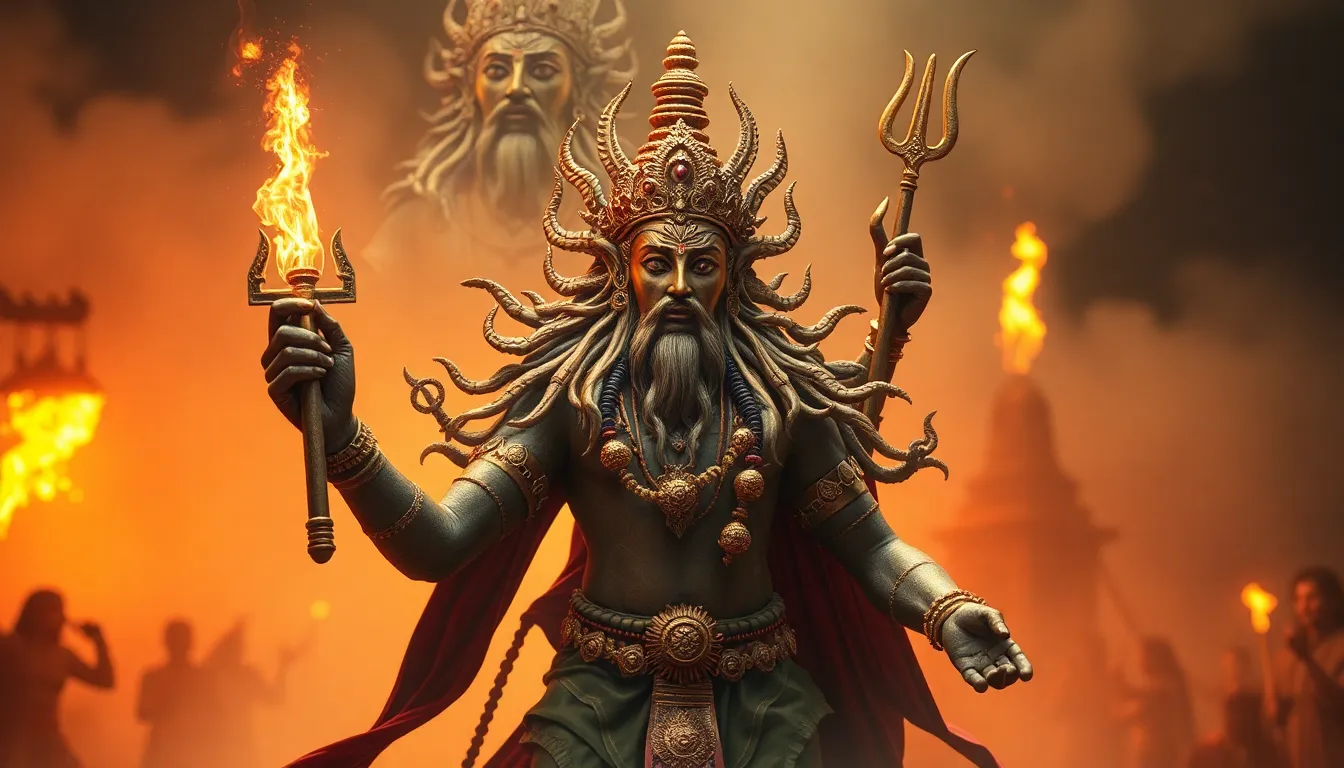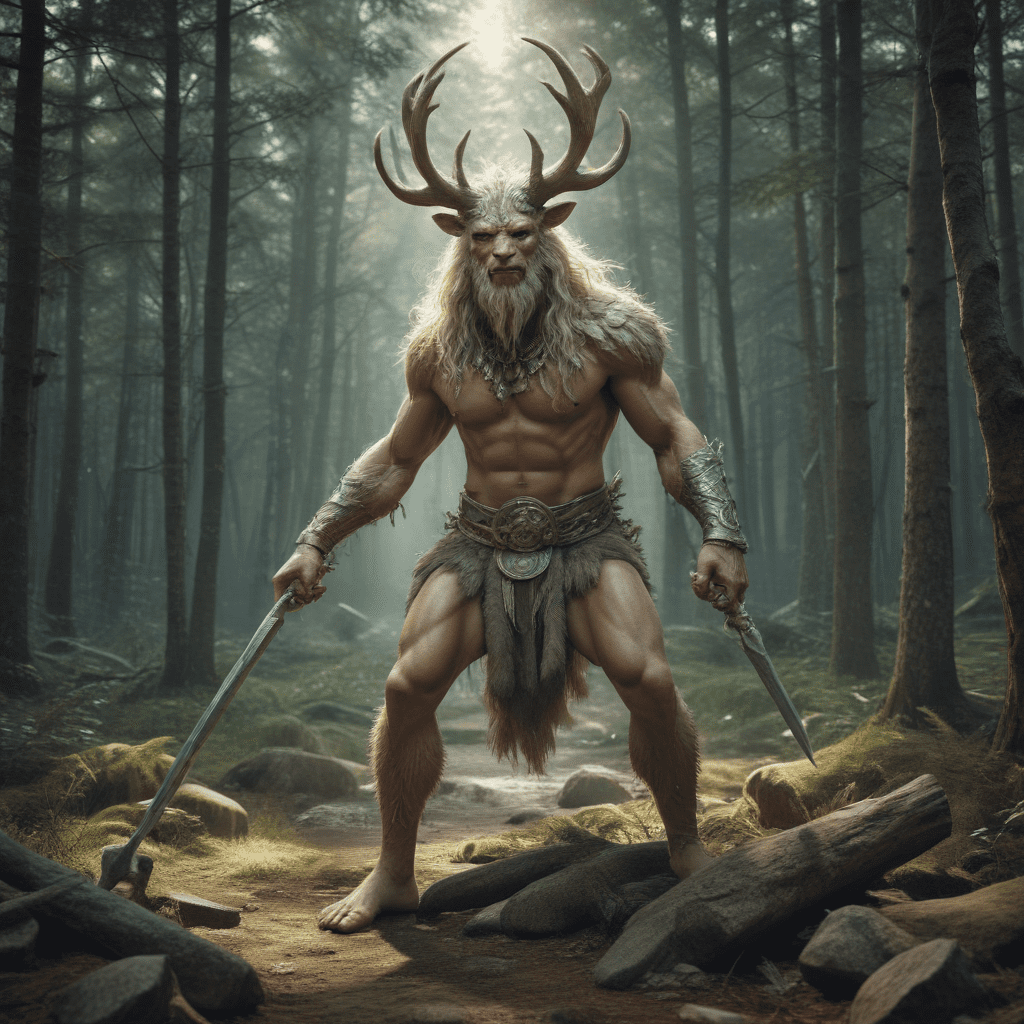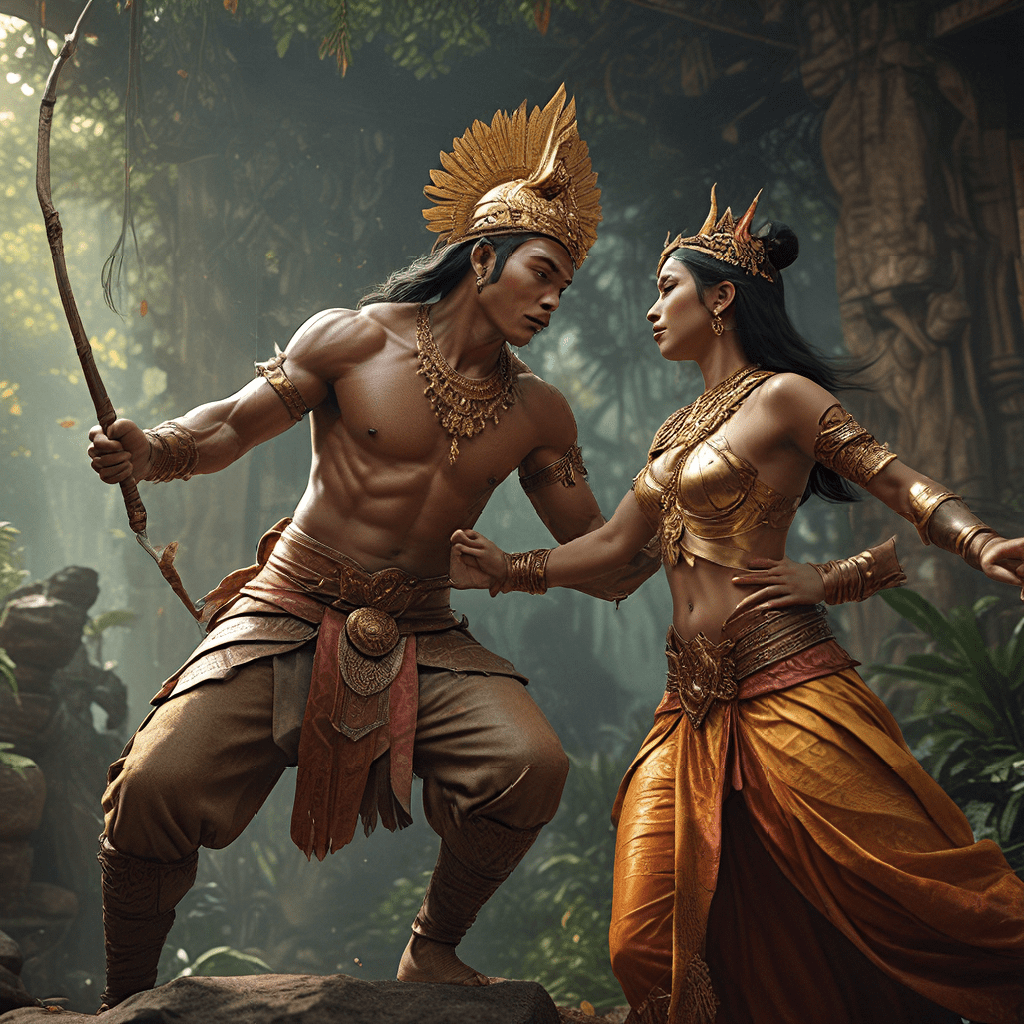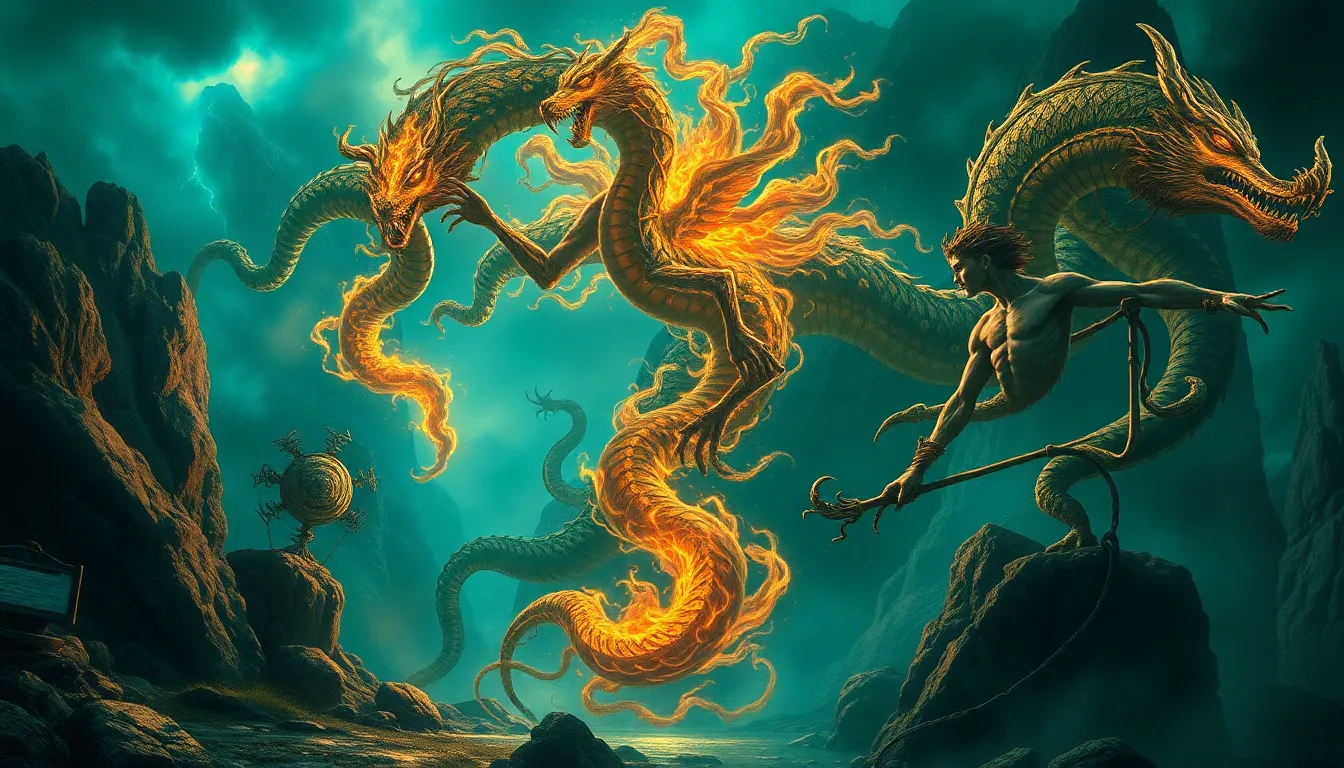Ancient Deities and Their Festivals: Celebrations of the Divine
Introduction to Ancient Deities and Their Significance
Throughout history, ancient cultures have revered a multitude of deities, each representing various aspects of life, nature, and the cosmos. These deities were integral to the spiritual and social fabric of their societies, embodying the beliefs, hopes, and fears of the people. The intersection of religion, agriculture, and community manifested in the worship of these gods, often guiding agricultural practices and community relations.
The Pantheon of Ancient Deities
Across different civilizations, pantheons were formed, showcasing a diverse array of gods and goddesses. Some of the most notable include:
- Greek Pantheon: Featuring deities like Zeus (king of the gods), Athena (goddess of wisdom), and Dionysus (god of wine).
- Roman Pantheon: Similar to the Greeks but with different names, such as Jupiter (Zeus) and Venus (Aphrodite).
- Egyptian Pantheon: Gods like Osiris (god of the afterlife), Isis (goddess of magic), and Ra (sun god) played crucial roles in the spiritual lives of the ancient Egyptians.
- Norse Pantheon: Including Odin (the Allfather), Thor (god of thunder), and Freyja (goddess of love and fertility), reflecting a rich tapestry of mythology and valor.
These deities had specific domains, such as war, love, agriculture, and the sea, influencing how societies organized their lives and celebrated their beliefs.
The Importance of Festivals in Ancient Cultures
Festivals were paramount in ancient cultures, serving multiple purposes:
- Religious Observance: Festivals were times for worship and offerings, dedicated to the gods.
- Community Bonding: They fostered a sense of belonging and identity among community members.
- Cultural Continuity: Festivals preserved traditions and passed down stories and practices through generations.
These communal events often reflected the agricultural calendar, marking important seasonal changes and harvests.
Agricultural Festivals: Celebrating the Harvest
Agricultural festivals were central to ancient societies, as they celebrated the bounty of the land. Examples include:
- Samhain: Celebrated by the Celts, marking the end of the harvest season and the beginning of winter.
- Threshing Festival: In ancient Rome, this festival celebrated the completion of the harvest, with rituals to honor Ceres, the goddess of agriculture.
During these festivals, rituals and offerings were made to deities to ensure a prosperous harvest for the following year. These might include:
- Offering the first fruits of the harvest.
- Ritual dances performed by community members.
- Feasting and communal gatherings to celebrate abundance.
Religious Rituals and Ceremonies Associated with Deities
Festivals often featured elaborate rituals aimed at honoring the divine. Common practices included:
- Sacrifices: Animals or produce were offered to gods to seek favor and blessings.
- Dances and Music: Traditional dances and music were performed to celebrate the deities and invoke their presence.
- Processions: Community members would parade through towns, often carrying images or symbols of the deities.
These rituals were essential for maintaining a relationship with the divine and ensuring that the community remained in favor with their gods.
Mythology and Storytelling During Festivals
Myths played a vital role in festival celebrations, often being recounted or reenacted. This storytelling served several functions:
- Preserving Cultural Values: Myths conveyed moral lessons and societal norms.
- Reinforcing Identity: They helped communities identify with their heritage and beliefs.
- Entertainment: Festivals provided an opportunity for communal storytelling and performances.
Such narratives not only celebrated the deities but also reinforced the community’s understanding of their place in the cosmos.
Regional Variations: Festivals Across Cultures
Despite the commonalities in ancient festivals, each culture had unique practices tied to their deities. For instance:
- Dionysia (Greece): A festival honoring Dionysus, featuring dramatic performances and wine consumption.
- Bacchanalia (Rome): Celebrated in honor of Bacchus, it involved ecstatic celebrations and revelry.
These festivals were often characterized by local customs, reflecting the unique cultural contexts and social structures of their respective societies.
Art and Architecture in Celebration of the Divine
Temples, sculptures, and other artistic expressions dedicated to deities played a significant role in ancient worship. Notable contributions include:
- Temples: Structures like the Parthenon in Athens served as both a place of worship and a symbol of civic pride.
- Sculptures: Statues of deities were often adorned with offerings and used in processions.
- Frescoes and Mosaics: Artistic depictions of myths and divine figures adorned public spaces, reinforcing cultural narratives.
Art not only enhanced the visual experience of festivals but also deepened the emotional connection to the divine.
The Evolution of Ancient Festivals in Modern Times
Many ancient festivals have continued or transformed in contemporary culture. Examples include:
- Neo-Paganism: A revival of ancient practices which often incorporates traditional festivals into modern spiritual practices.
- Cultural Festivals: Many local festivals today are rooted in ancient traditions, celebrating agricultural cycles or historical events.
This evolution showcases the adaptability of ancient practices in a modern context, preserving the essence of communal celebrations.
Conclusion: The Enduring Legacy of Ancient Deities and Their Festivals
The impact of ancient deities and their associated festivals is profound, influencing modern spirituality and community celebrations. As we reflect on these ancient practices, it becomes clear that they provided a framework for understanding the world, fostering community bonds, and celebrating abundance.
Preserving the cultural heritage of ancient festivals is vital for future generations, allowing them to connect with their history and the timeless human desire to celebrate the divine.



